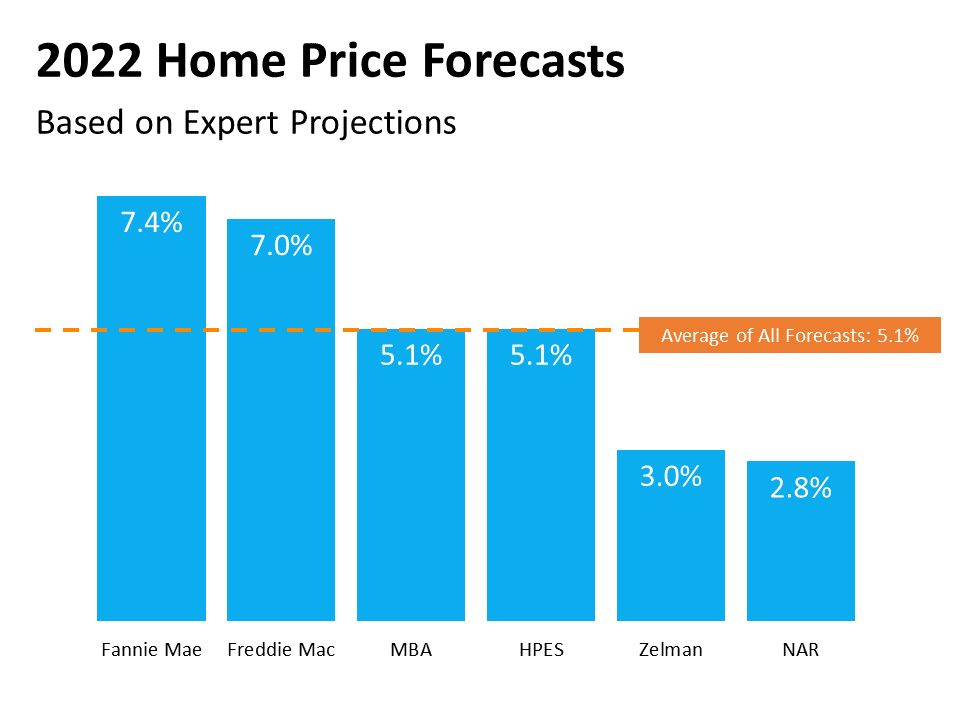If you’re on the fence about whether or not you want to sell your house this year, there’s good news. For nearly two years, real estate professionals have worked tirelessly to ensure the safety of buyers and sellers during the pandemic.
Today, they’re seasoned experts, not just in the art of buying and selling homes, but also in how to keep you safe throughout the process. Real estate professionals have learned new technologies plus safety and sanitation measures. As new variants emerge, those lessons continue to be key ways agents add value.
Real Estate Advisors Stay Current on Guidance for In-Person Showings
Agents don’t leave your health up to chance. They follow guidance from the Centers for Disease Control (CDC) and the National Association of Realtors (NAR) to ensure in-person showings are safe. NAR maintains industry-specific resources to ensure agents are informed on the latest recommendations and best practices.
Guidance from the CDC also equips real estate professionals with the know-how to employ sanitization and disinfectant measures during the health crisis, so they’re safe for you and your potential buyers.
Digital Tools Can Enhance Your Home Sale
In addition, agents are also well versed in using technology and digital tools to sell your home efficiently. In their guidance for realtors, NAR says:
“The COVID-19 pandemic is impacting members in unprecedented ways, and raises numerous unique and novel issues for the real estate industry.”
Real estate advisors have responded by reimagining the tech and tools they use. For instance, serving clients at a distance and limiting exposure to others is more important now than ever. That’s because restricting the number of people you need to interact with during the sales process is one of the best ways to keep everyone safe.
To accomplish this, agents now use a variety of methods to serve their clients, including:
· Virtual Open Houses, Tours, and Listing Appointments
· High-Quality Photos for Websites and Social Media
· eSignature
· Video Conferencing
Bottom Line
The health challenges we face today have fundamentally changed the way real estate professionals conduct business for the better. Let’s connect today so you have the latest tools on your side to feel safe and confident when you sell your house this year.


 Facebook
Facebook
 X
X
 Pinterest
Pinterest
 Copy Link
Copy Link









